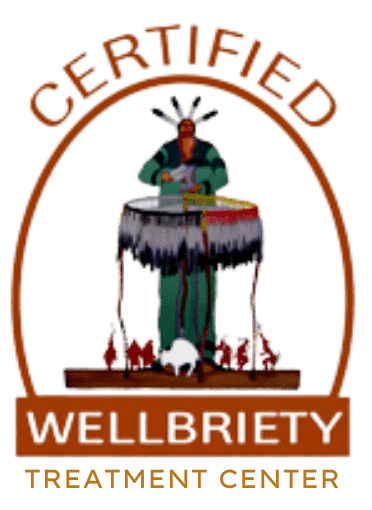Equine-Assisted Therapy
Using Equine-Assisted Therapy as SUD Treatment
In recent years, equine-assisted therapy (EAT), or equine therapy, has become a more common component of substance abuse treatment because horses are capable of mirroring human actions and emotions. The mirror between guest-and-horse promotes increased self-awareness, as well as providing insight on how each guest is perceived by those who engage with them.

What Is Equine Therapy?
Equine-assisted therapy introduces horses into the therapeutic process within addiction treatment. Under the supervision of a mental health professional, guests engage in activities surrounding the care and comfort of horses.
Although some guests may feel intimidated by the presence of a +1,000-pound bi-ped, these majestic horses actually provide therapeutic healing for those who choose this program. One of the many forms of animal-assisted therapy, equine-assisted therapy provides a safe space for guests to heal from their trauma and grow as individuals.
Do Horses Help In Therapy?
Horses are notably prey for predatory animals, so they are naturally sensitive to their environment. This sensitivity makes them particularly responsive to human cues, making them the ideal animal for addiction recovery-sensitive therapy. Additionally, the juxtaposition of a horse’s considerable size and its tranquil nature teaches guests to overcome their fears and regain trust.
Another benefit of equine therapy is that horses cannot display emotions in the same ways that humans can which afford guests the opportunity to build relationships with the animals without perceived judgment. The experiences each guest has with the horses act as metaphors for their human relationships. These interactions with horses aid in the treatment of substance use disorders as they improve relationship skills, which are necessary for building a recovery support network.
Equine Healing at Sound Recovery
Benefits of Horse Therapy in Treatment
At Royal Life Centers at Sound Recovery, our main goal of equine therapy is to help guests develop skills focused on mental health. In fact, this therapy helps guests manage symptoms of co-occurring disorders with substance abuse, such as PTSD, depression, and anxiety. Notably, horses are prey animals, so they are naturally sensitive to their environment. This sensitivity makes them particularly responsive to human cues. One of many benefits of EAT is that the animal’s sheer size can help guests learn to trust and overcome fears. Benefits of EAT:- Increases cognitive function
- Expanses emotional awareness
- Boosts confidence
- Lowers stress
- Reduces dysfunctional thinking
- Encourages positive thinking
- Introduces problem-solving skills
- Develops trust and empathy
Change your life with one call.
We can help.







